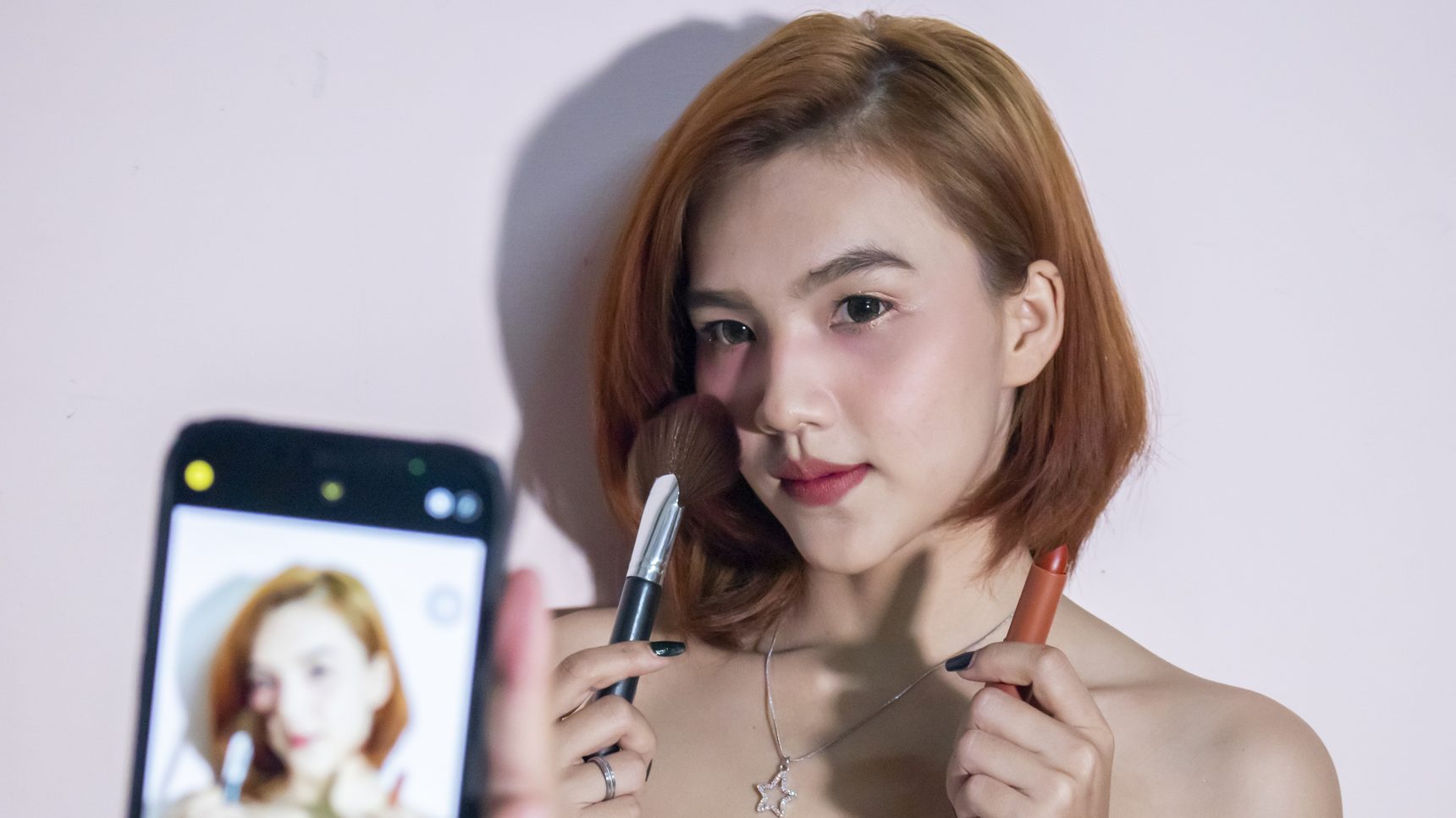CHINA: A promotional video featuring China’s government official has sparked a lively debate on social media after she used beauty filters in the footage, raising questions about the role of public image in the digital age.
A report featured by the South China Morning Post (SCMP) indicated that the controversy began on Nov 1, when the official account of Yuhong Cultural Tourism in Shenyang, Liaoning province, shared a video showcasing local rice.
The video, which featured Peng Bo, a 41-year-old deputy director at the Bureau of Culture and Tourism in Yuhong district, quickly went viral, though not for the reasons intended.
In the video, Peng introduced a special variety of rice from Wanjin village, switching between fluent English and a northeastern Chinese dialect.
Artificial beauty is not welcome
Dressed formally, Peng began in English with a British accent, saying, “Ladies and gentlemen, I’d like to give you a grand introduction to our special product today, which is rice.”
She then seamlessly switched to her native dialect to continue the presentation, handing off to a man named Zhao Heping, who spoke about the rice’s natural, chemical-free cultivation in crab fields.
While many viewers found the transition between languages amusing, the video soon faced criticism for another reason: Peng’s heavy use of beauty filters.
Some netizens felt the filters undermined her credibility as a government official, suggesting that her polished image detracted from her professional role.
One critic remarked, “It’s better to focus on your work than on perfecting your image,” while another suggested that using filters could give the misleading impression that Peng was much younger than her 41 years.
“She is good-looking, but there’s no need for filters. Officials should maintain authenticity,” one commenter wrote.
Filters vs authenticity, modesty
In response to the backlash, Peng apologized, acknowledging that she hadn’t expected the video to gain so much attention.
“If I had known it would go viral, I would have avoided using such a strong filter,” she explained.
However, many online users came to Peng’s defence, arguing that beauty filters are a common part of social media culture and should not overshadow her contributions.
“Who doesn’t use filters these days?” one supporter said. “What matters is her dedication to supporting local communities!”
Another added, “Filter or no filter, you are beautiful!”
The incident has prompted a broader discussion on the role of social media in the professional lives of Chinese officials.
While some argue that public figures should use filters sparingly to preserve their authoritative image, others emphasize the need for authenticity.
Public officials in China are often under pressure to project an image of modesty and simplicity, which aligns with the government’s anti-corruption and anti-materialism stance.
The controversy also highlights the strict boundaries within which Chinese bureaucrats must navigate their public personas.
In recent months, other officials have faced scrutiny for their social media conduct.
In October, Li Taoyan, the director of the Zhuhai Market Supervision Administration, came under investigation for alleged misconduct after wearing a Louis Vuitton scarf worth around $280 during a media appearance.
As the debate over Peng’s use of filters continues, it serves as a reminder of the complex balance between personal image and professional duty for public officials in China’s increasingly digital world.
Featured image by Depositphotos (for illustration purposes only)

